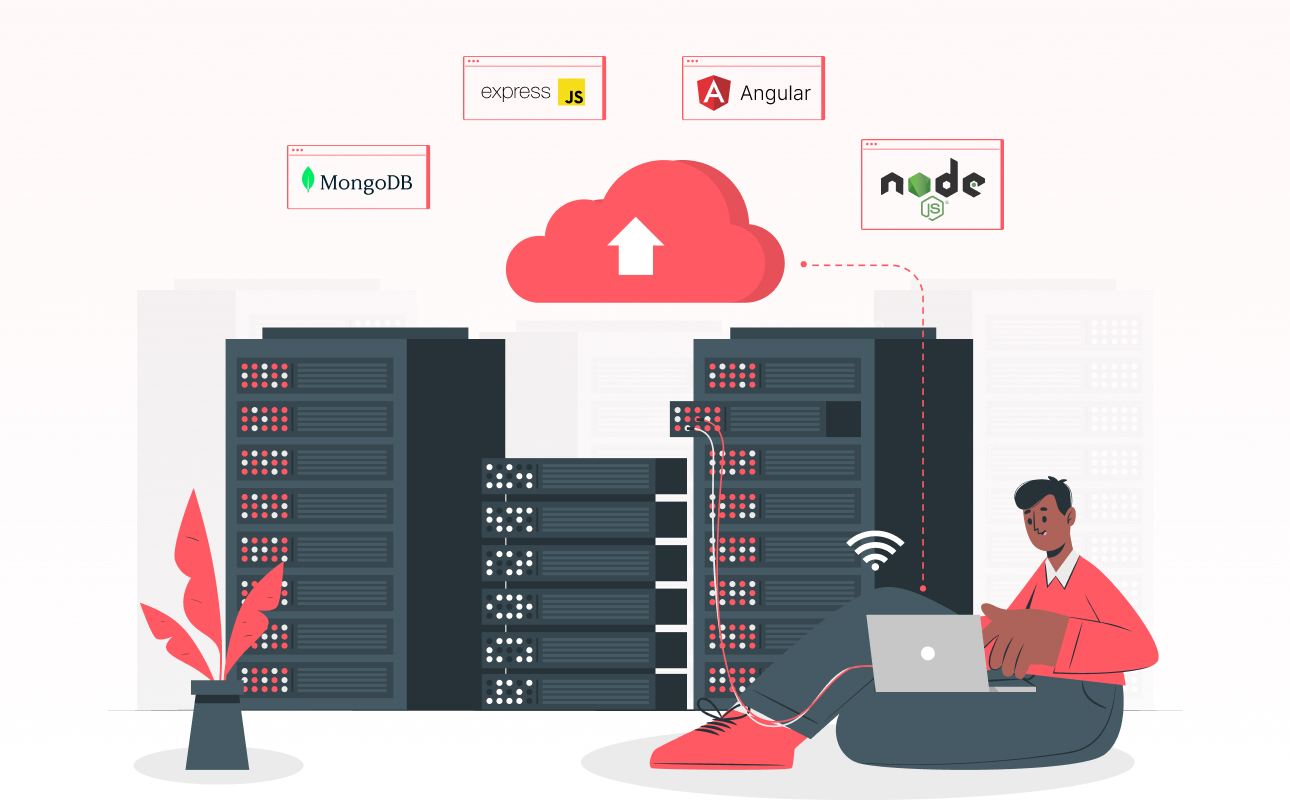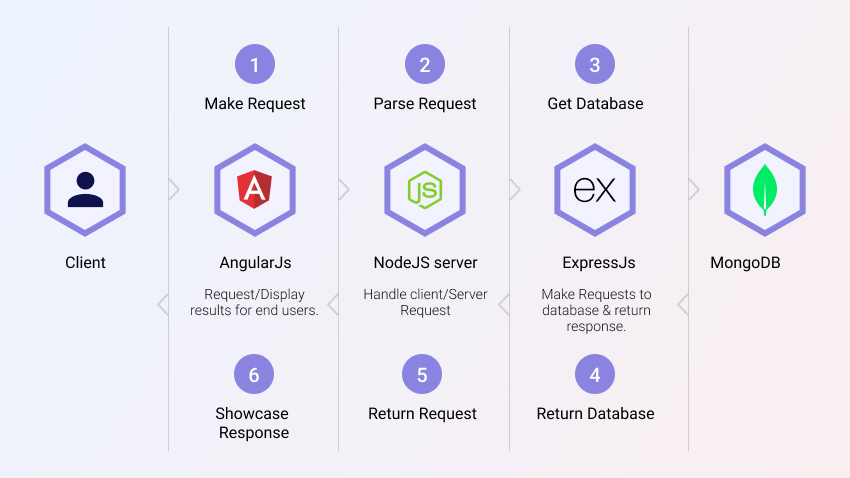Introduction
Choosing a modern web development architecture can make your software application robust, scalable, flexible, and capable to handle heavy traffic in real-time. MEAN Stack is gaining even more popularity lately for building custom web applications. Today, MEAN web development services have been a prolific choice among the top web development companies. But what makes MEAN Stack a go-to choice for web developers?
In this blog, we will find what MEAN Stack architecture is and why it is ideal for building real-time applications.







